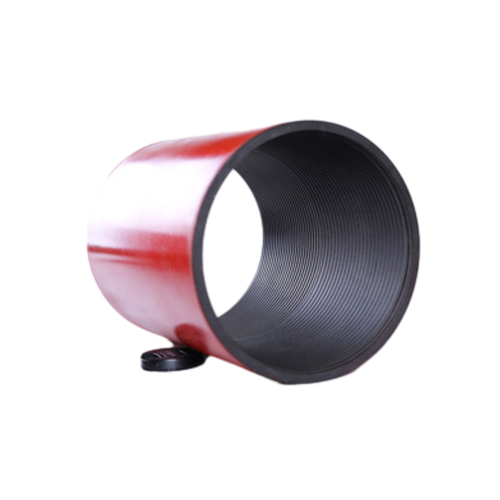Designing Effective Well Casing Extension Couplings for Enhanced Oil and Gas Extraction Efficiency
Understanding Well Casing Extension Couplings A Key Component in Oil and Gas Drilling
In the oil and gas industry, well casing is a critical component in the drilling process. It provides structural integrity to wells and prevents the surrounding formation from collapsing. Among various elements of well casing, extension couplings play a significant role. In this article, we will examine the purpose, types, and importance of well casing extension couplings in maintaining the safety and efficiency of drilling operations.
What is a Well Casing Extension Coupling?
A well casing extension coupling is a fitting used to connect sections of casing pipe, allowing for the extension of the well casing as drilling progresses deeper into the earth. These couplings can be essential when the existing casing reaches its maximum depth or when additional casing must be added to address geological challenges, control borehole pressure, or accommodate changes in well design.
Purpose and Functionality
The primary purpose of extension couplings is to ensure a secure and reliable connection between casing pipe segments. As drilling operations progress, it may become necessary to add extension pipes to the wellbore for various reasons such as
1. Depth Increase As the drilling operation aims for deeper reservoirs, extension couplings allow the addition of more casing without compromising the well's structural integrity. 2. Pressure Control In certain drilling environments, particularly those dealing with high-pressure formations, well casing must be extended to maintain safety and prevent blowouts. Extension couplings facilitate this without introducing weakness in the casing assembly.
3. Adaptation to Geological Conditions Different geological formations may require changes in well architecture. Extension couplings enable drillers to adapt the casing design to better suit these conditions, ensuring higher success rates and reduced risks during drilling.
Types of Extension Couplings
There are various types of extension couplings, each designed to meet specific operational needs
well casing extension coupling

1. Threaded Couplings These are commonly used in smaller bore casings. Threaded couplings allow for easy connection and disconnection but require careful handling to maintain thread integrity.
2. Welded Couplings For larger diameter casings, welded couplings provide a more secure bond between pipes. They eliminate the risks associated with threaded connections, reducing the chance of failure due to mechanical stress.
3. Integral Couplings These couplings are designed as part of the casing pipe, providing a seamless connection. Integral couplings are particularly advantageous in ensuring uniformity in strength and reducing the likelihood of leaks.
Importance in Drilling Operations
The successful execution of drilling operations hinges on the reliability of every component, and extension couplings are no exception. They contribute significantly to
- Well Integrity By ensuring secure connections, extension couplings help maintain the structural integrity of the wellbore throughout the drilling process.
- Operational Efficiency The ability to extend casing in a reliable manner allows for smoother operations, reducing downtime and the potential for costly delays.
- Safety Properly installed extension couplings minimize risks associated with casing failures or blowouts, enhancing the safety of drilling personnel and the environment.
Conclusion
Well casing extension couplings are vital to the successful completion of drilling projects in the oil and gas industry. By facilitating the extension of well casings and ensuring secure connections between casing segments, these couplings play a crucial role in maintaining well integrity, enhancing operational efficiency, and ensuring the safety of drilling activities. As the industry continues to push for deeper and more complex drilling operations, the reliance on high-quality extension couplings will only grow, highlighting their importance in the modern energy sector.
-
Unlock the Benefits of Pup Joints for Your OperationsNewsOct.31,2024
-
The Quality of Casing Couplings from ChinaNewsOct.31,2024
-
The Essential Role of Pup Joints in Drilling OperationsNewsOct.31,2024
-
The Benefits of Tubing Couplings for Your ProjectsNewsOct.31,2024
-
Enhance Your Drilling Operations with Tubing Pup JointsNewsOct.31,2024
-
Elevate Your Drilling Operations with Tubing CrossoversNewsOct.31,2024







